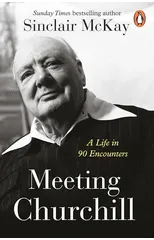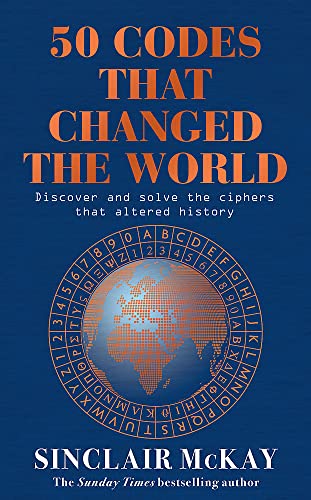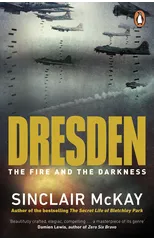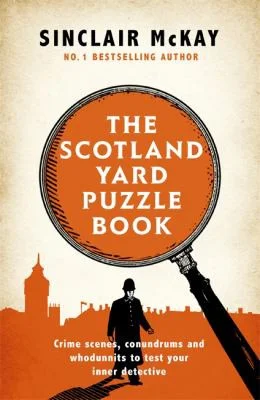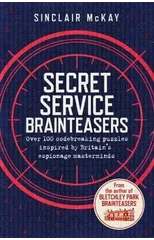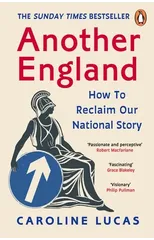Saint Petersburg
Sacrifice and Redemption in the City That Defied Hitler
(Autor) Sinclair McKay'One of my favourite historians' Dan Snow 'Richly-layered and packed with insight, this riveting account of terrible events tells us as much about the present as it does the past' Patrick Bishop, author of Paris '44. 'McKay's magisterial history of Peter the Great's monumental gift to Russia will become a classic' Amanda Foreman, author of Georgiana Built by slave labour in the early years of the eighteenth century, Saint Petersburg was Peter the Great's so-called 'window on to Europe', a city that would outdo all of Europe in its splendour. But a window works both ways, and as bestselling historian Sinclair McKay writes, St Petersburg has always been a city that has drawn Westerners who wanted to see into Russia. It is also a city where much has happened. It was St Petersburg until 1917, Petrograd after the revolution, Leningrad after Lenin's death in 1924, and St Petersburg once again from 1991. This biography of a city stretches from Peter the Great to Vladimir Putin, who was born and made in St Petersburg. The story centres the '900 days and nights' of the Siege of Leningrad, 1941-44. Unlike Paris or Prague, the Nazis weren't trying to take over, they wanted to wipe it off the map. According to some, this siege of 1.5 million people - including Putin's mother - was an attempted genocide. Based on first-hand and many unpublished accounts from figures from all walks of life - irascible authors, factory workers, bakers, furriers, dancers, sailors, grandparents, children - this masterpiece reveals the central importance of St Petersburg over the centuries. This is the story of the city told from the perspective of the people who lived there.
Sinclair McKay
Sinclair McKay is a British author known for his works on history, espionage, and technology. Some of his most notable works include "The Secret Life of Bletchley Park" and "The Secret Listeners: How the Y Service Intercepted the Secret German Codes for Bletchley Park." McKay's writing style is characterized by meticulous research and engaging storytelling, bringing to life the hidden stories of World War II. His contributions to literature include shedding light on lesser-known aspects of history and showcasing the importance of codebreaking in wartime intelligence. One of his most famous works is "The Secret Life of Bletchley Park," which delves into the untold stories of the codebreakers at Bletchley Park during World War II. McKay's impact on the literary genre of historical non-fiction is significant, as he continues to uncover and share fascinating stories from the past.

